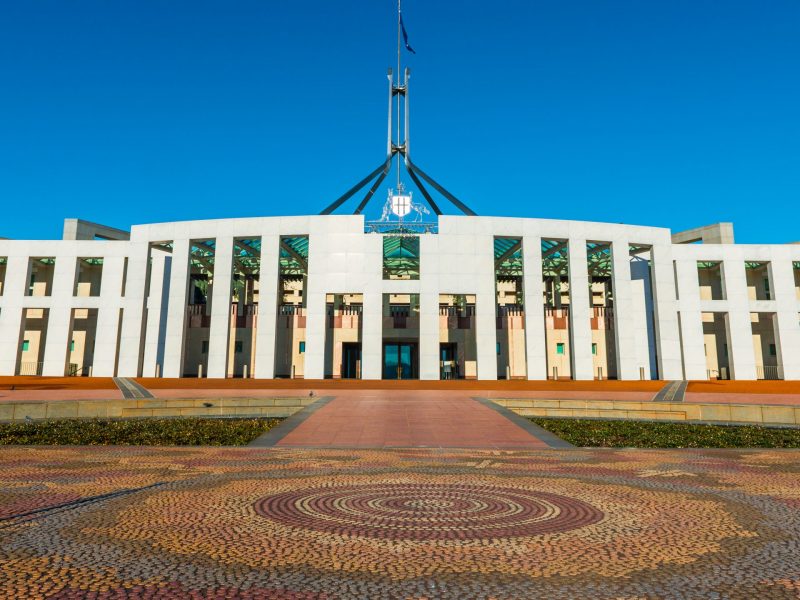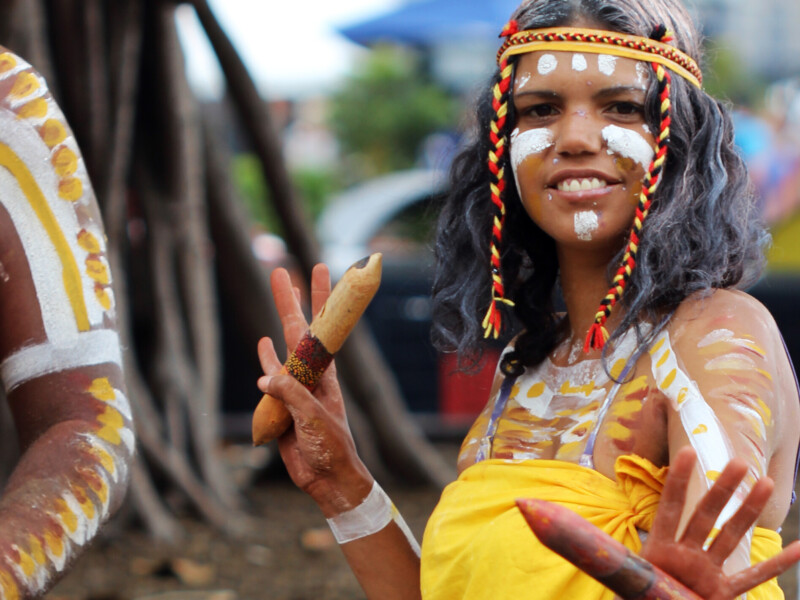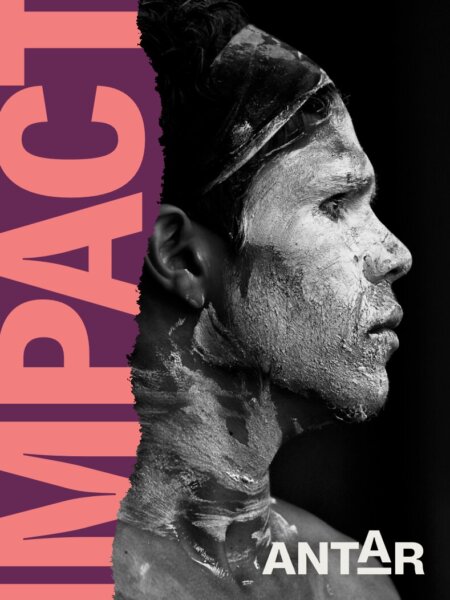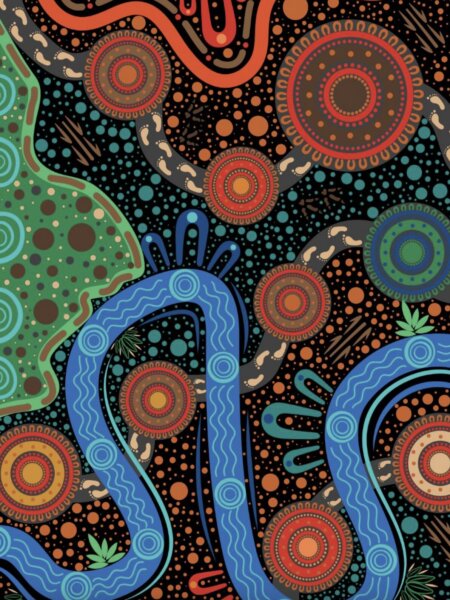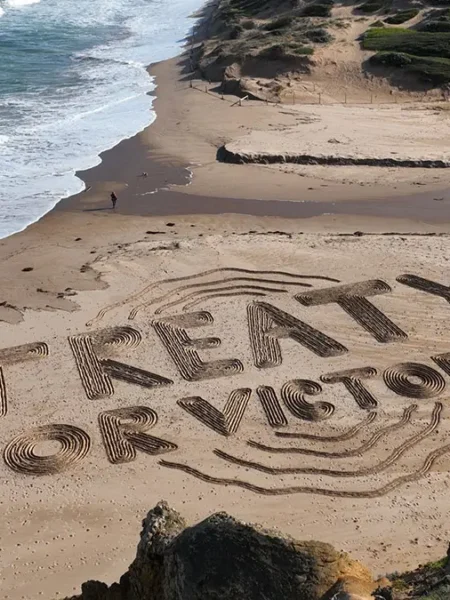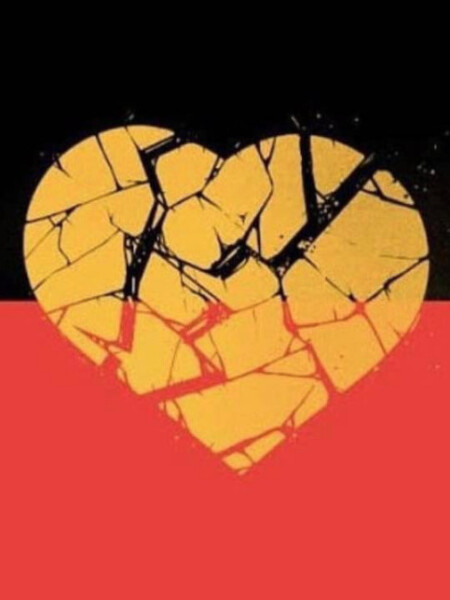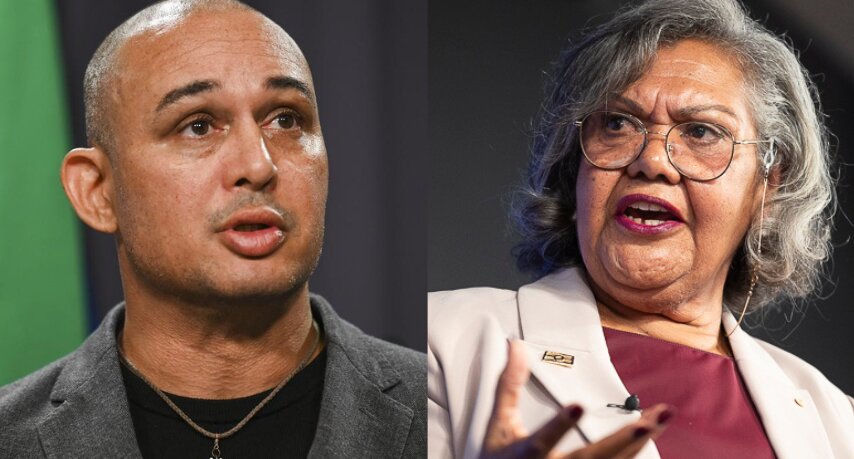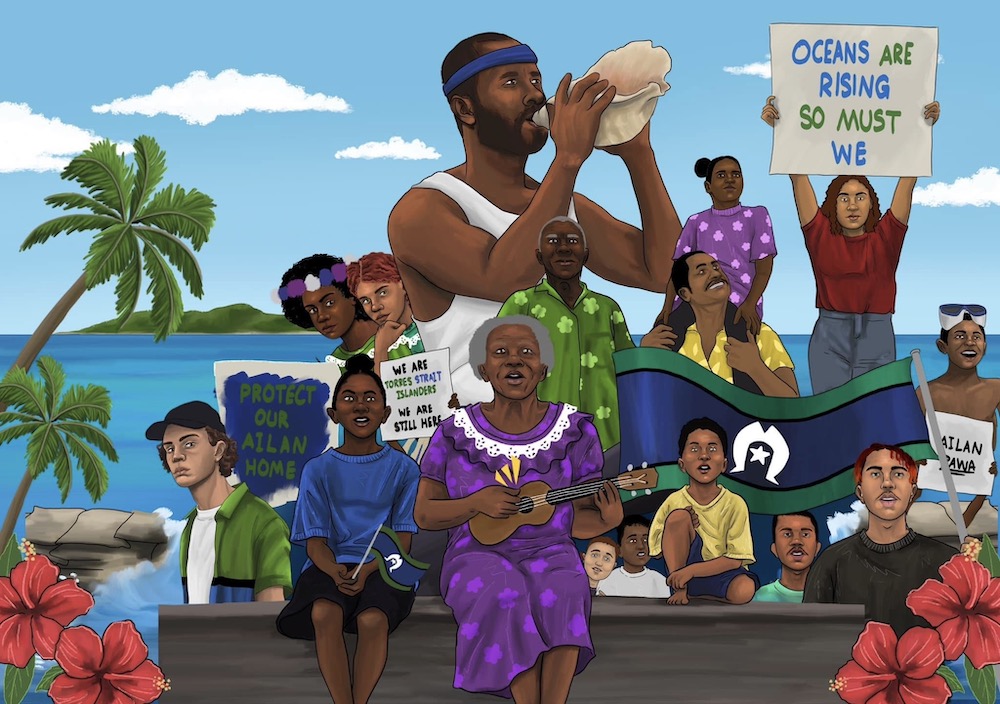The Traditional Owners of this land are those who identify as
Aboriginal and Torres Strait Islander Peoples.
Sovereignty was never ceded.
ANTAR pays respect to Elders past, present, and emerging through our dedicated advocacy for First Nations Peoples’ justice and rights.
ANTAR acknowledges the responsibility of committing to a truth-telling process that promotes an honest and respectful path forward for future generations to build upon.
Enter website


